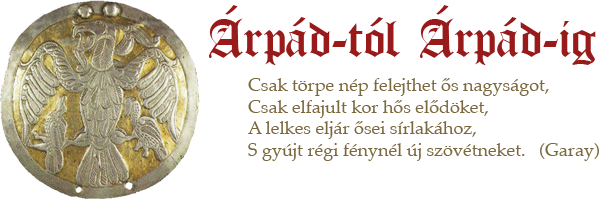Anthony Endrey
The Hungarians lived together with the Hurrians for a long period of time. As a result they almost certainly adopted the name of the latter, KHOR or KHUR in the Hurrian language, at a fairly early stage and continued to use it after the collapse of Hurrian power in the Near East. In time, the initial “kh” was transformed into a softer “g”, resulting in GOR or GUR. An Assyrian source dating from about 735 BC refers to the land of Guriana as lying next to the Cimmerians and paying tribute to Urartu. From the neighbors mentioned, we can fix the position of Guriana as the valley of the Kur River and the region of the ancient city of Gori in Transcaucasia. This is also confirmed by reference to “the country of Kuriani” in an Urartian inscription from around 740 BC. It is virtually certain that the names Kuriani, Guriana, Kur and Gori all perpetuate the Hungarians under their then name of Gor of Gur. It is in the same place that the Magyars emerge under their proper name in the writings of Herodotus and Xenophon only a few hundred years later and a slightly modified form of Gor, Ugor, remained the name by which the Hungarians were known to their neighbors right up to the time of their settlement in the Carpathian Basin and even much later than that.
The name Makor or Magor probably originated from the addition of the Ural-Altaic word “ma” (land, country), found in Finno-Ugrian languages and Sumerian alike, to the earlier name of the Magyars, Gor or Gur, resulting in “Ma-Gor” (Gor-land). In time, the people themselves came to be known by this name, most likely with the addition of the Hungarian suffix “-i” (of, from). In medieval Hungarian, the word for Hungarian was still “magyari” (‘from Magyar’, ‘Magyarian’), preserving the original distinction between country and people. Later on, this was forgotten, the same as the earlier distinction between Gor and Magor must have disappeared by the time of Herodotus. The neighboring peoples, however, preserved the former name of the Magyars and continued to call them Gor, which became later transformed into Ugor and accompanied the Hungarians throughout their wanderings.
(Anthony Endrey; Hungarian History Part One; The Hungarian Institute, Melbourne, 1982)
